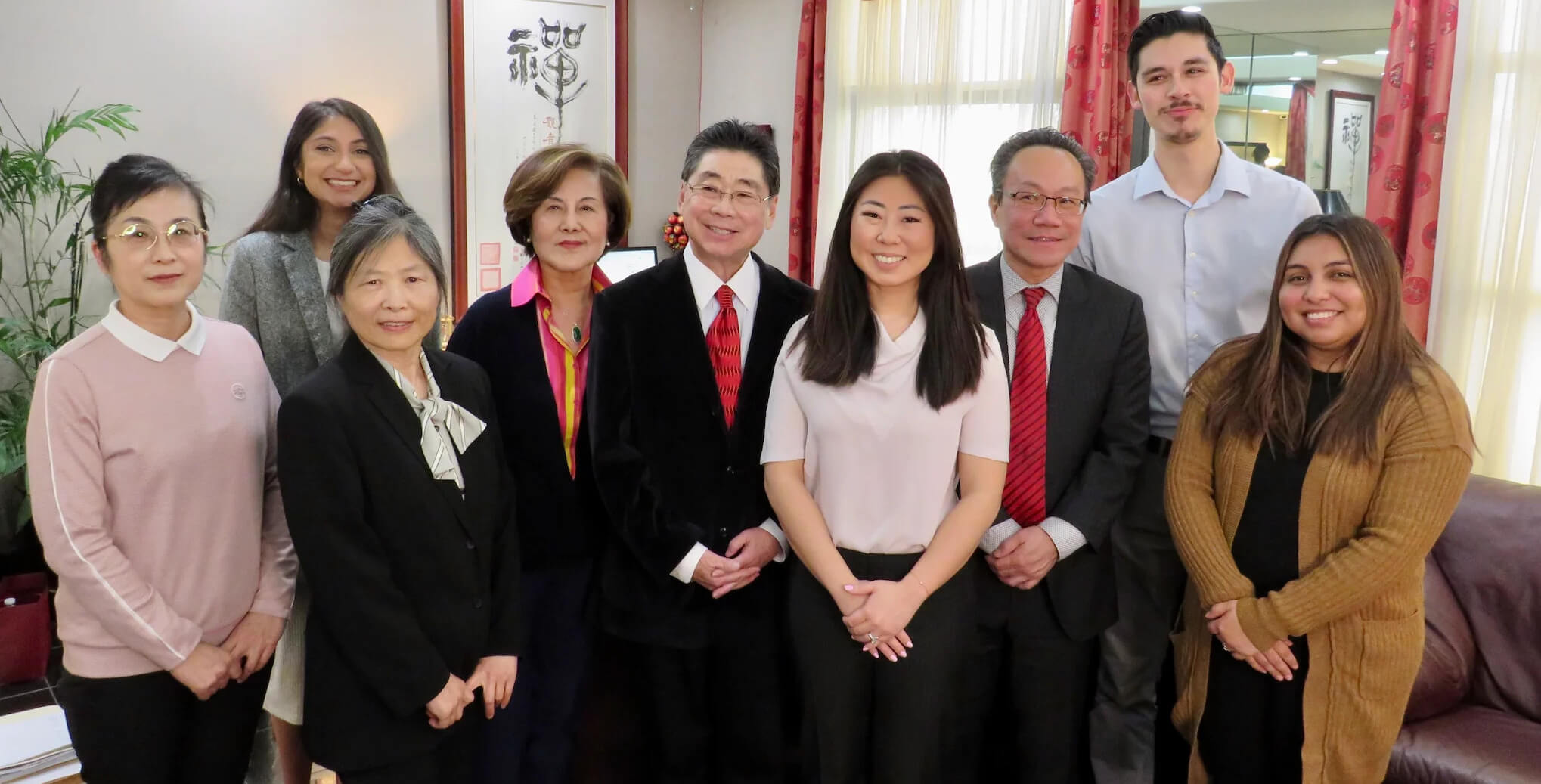P1 Visa
The P1 Visa, known predominantly for its association with internationally recognized athletes and entertainers, is a beacon of hope for many who dream of showcasing their talents on the grandest stages in the U.S. But what does the journey from obtaining a P1 Visa to potentially transitioning to a green card look like? Let's delve into it.
Understanding the P1 Visa
The P1 Visa serves as a doorway for athletes and entertainers of international repute to enter the U.S., either individually or as a part of a group, to participate in specific events, performances, or competitions. However, like every other visa, the P1 comes with its set of requirements, intricacies, and challenges.
P1 Visa Requirements
Before embarking on the P1 journey, understanding its requirements is essential:
-
Internationally Recognized Level of Performance: The applicant must demonstrate a high level of achievement, substantiated with a degree of skill and recognition substantially above the ordinary.
-
Evidence of Recognition: This can be in the form of awards, international rankings, or participation in international events.
-
Scheduled Event or Performance: The applicant must be entering the U.S. to participate in a specific event, performance, or competition that aligns with their expertise.
-
Contractual Agreements: Any contracts related to the applicant's performances in the U.S. must be provided.
-
Letters of Affirmation: Statements or letters from experts in the field, detailing the applicant's achievements and recognition, can serve as substantial evidence.
-
Duration of Stay: Generally, individual athletes can stay for up to 5 years, while athletic groups and entertainers have a maximum duration of 1 year.
The Intricacies of Visa P1
While the requirements might seem straightforward, the process itself is nuanced. Aspects such as periodic consultation with an appropriate labor organization, or defining what constitutes an 'internationally recognized' level of performance can be subjective. This is where professional guidance can make a significant difference, streamlining your application and enhancing its chances of approval.
Transitioning from P1 Visa to Green Card
The journey doesn't necessarily end with obtaining a P1 Visa. For many, the ultimate goal is to transition to permanent residency. While the P1 is a non-immigrant visa, transitioning to a green card is not impossible:
-
Offer of Permanent Employment: A U.S. employer can offer a permanent position to the P1 visa holder and sponsor their green card.
-
Family Ties: If a P1 Visa holder has immediate relatives who are U.S. citizens or green card holders, they might be eligible for a family-sponsored green card.
-
EB-1 Visa: Athletes and entertainers with extraordinary abilities might qualify for an EB-1 visa, which can subsequently lead to a green card.
-
Adjustment of Status: Once the green card application is approved, P1 Visa holders can apply for an adjustment of status without having to leave the U.S.
The entire process, from understanding the P1 Visa requirements to potentially transitioning to a green card, can seem daunting. But with the right guidance, expertise, and understanding, the journey can be significantly smoother.

